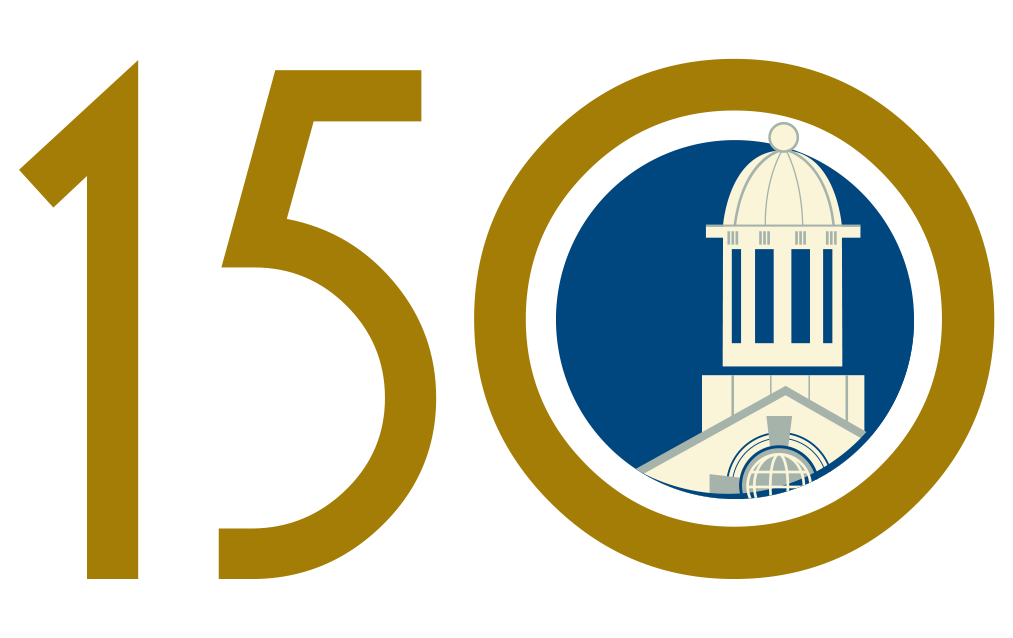
Join us for this enlightening conversation with Professor Marcia Zug, as she discusses the history of marriage and how it's affected so many of our social norms.
Why have people married through history? When you read about arranged marriages, marriages of convenience, dowries, etc. do you wonder what was the benefit of that particular system?
Americans hold marriage in such high esteem that we push people toward it, reward them for taking part in it, and fetishize its benefits to the point that we routinely ignore or excuse bad behavior and societal ills in the name of protecting and promoting it. Laws have been designed to encourage people to marry so that certain societal benefits could be achieved: the population would increase, women would have financial security, children would be cared for, and immigrants would have familial connections.
The widely overlooked problem with this tradition is that individuals and society have relied on marriage to address or dismiss a range of injustices and inequities, from gender- and race-based discrimination, sexual violence, and predation to unequal financial treatment.
Through revealing storytelling, Zug builds a compelling case that when marriage is touted as “the solution” to such problems, it absolves the government, and society, of the responsibility for directly addressing them.
This program is in partnership with Ashland Public Library.
